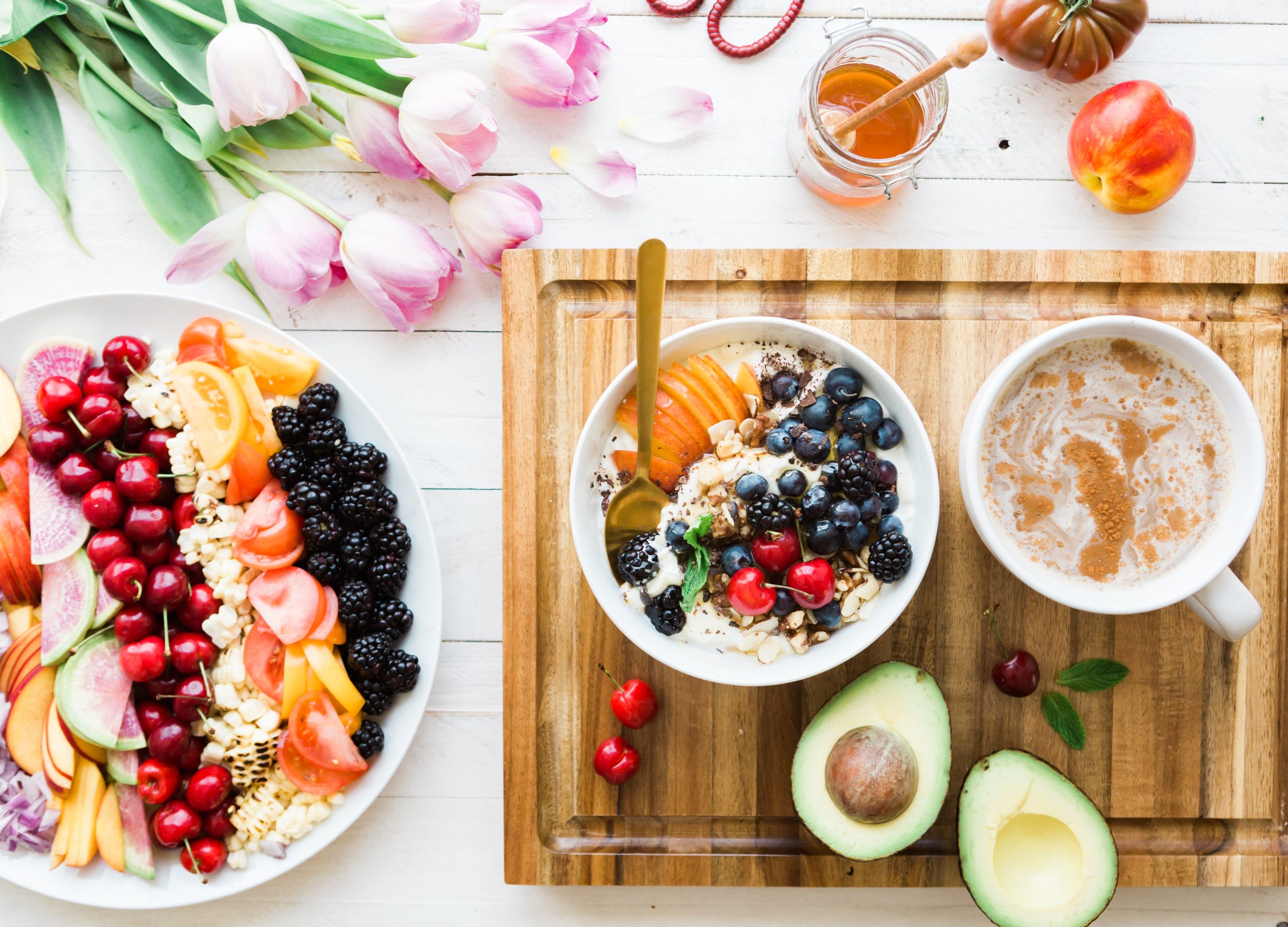6 Tips for Levelling up in Nutrition for Self Care

Taking care of your body is crucial for overall wellness, and nutrition is vital to self-care.
The food you eat affects your physical and mental health, so making healthy choices that support your body’s needs is essential.
In the early years of my career, my health deteriorated as I faced a challenging situation. The impact of neglecting my health and well-being over the years and facing the challenging situation caused me to experience headaches, anxiety, persistent colds and tiredness. Nutrition wasn’t an area I spent close attention to.
I was pretty neglectful when it came to my physical and mental well-being.
Our well-being relies a lot on the nourishment we receive. So in challenging circumstances, we should maintain a healthy diet to prevent illnesses, especially when our body needs the fuel required to change the trajectory of our circumstances.
Learning to look after our bodies should be a habit we incorporate into our lives.

Here are six tips for levelling up in nutrition for self-care:
1. Seek a Nutritionist
If you’re serious about levelling your nutrition for self-care, I’d recommend seeking guidance from a registered dietitian or nutritionist, which can be highly beneficial. These professionals have the expertise to provide personalised recommendations based on our unique needs, goals, and health conditions.
They can assess your diet, address nutritional deficiencies, and help you develop a sustainable meal plan supporting your self-care journey. Their expertise and ongoing support can empower you to make informed choices and achieve long-term success.
Or, you can do further research. The British Nutrition Foundation is a helpful website that provides useful, reliable science-based information for those seeking a healthier and sustainable diet.
Do you like this post? Why don’t you save it for later?

2. Prioritise whole foods
We were all taught at school to prioritise eating foods like fresh fruits, vegetables, whole grains, lean proteins, and healthy fats.
Whole foods are minimally processed, providing essential nutrients, fibre, and antioxidants that promote optimal health. Aim to fill your plate with a variety of colourful fruits and vegetables.
As mentioned above, the British Nutrition Foundation provides valuable, reliable science-based information in their Eat Well guide.

3. Pay attention to portion sizes
Portion sizes play a significant role in our nutrition.
Consuming too much or too little food can lead to weight gain, nutrient deficiencies, and other health issues.
To level up your nutrition, familiarise yourself with appropriate portion sizes and learn to listen to your body’s hunger and fullness cues. Use measuring cups and a food scale to help you accurately portion your meals and snacks.
4. Stay hydrated
Water is essential for optimal health and nutrition. It helps regulate body temperature, transport nutrients, and flush out toxins. Dehydration can lead to fatigue, headaches, and other health issues.
Aim to drink at least eight glasses of water daily to level your nutrition. Carry a refillable water bottle daily to remind you to drink more water.
5. Plan ahead
Planning ahead can help you make healthier choices and stay on track with your nutrition goals.
Take the time to plan your meals and snacks for the week, and make a grocery list to ensure you have all the ingredients you need. Having healthy food options readily available can also help prevent unhealthy snacking and impulse eating. To level up your nutrition, set aside time each week to plan and prep your meals.
6. Practice mindful eating
Food can be taken for granted. We often rush our food as our minds tend to be preoccupied with other things. Mindful eating involves paying attention to your food and the experience of eating. It can help you develop a better relationship with food and make healthier choices.
To level up your nutrition, try to eat without distractions, such as the TV or your phone.
Take the time to savour, enjoy your food, and listen to your body’s hunger and fullness cues. Mindful eating can help you better understand your body’s needs and preferences, leading to healthier eating habits in the long run.
It is essential to recognise that every meal is a blessing in a world where deprivation is a regular occurrence in the life of many. Approaching eating with care by letting go of busyness and haste with calm.
To conclude
Taking charge of your nutrition is a powerful form of self-care.
By prioritising whole foods, practising mindful eating, staying hydrated, planning and preparing meals, and seeking professional guidance, you can level up your nutrition and enhance your overall well-being.
It is essential to remember that self-care is a lifelong journey and not just for bad days. You’re investing in long-term health and happiness by nourishing your body with wholesome foods.
Thank you for taking the time to read our blog! We appreciate your engagement and hope the information we shared has been valuable. Your commitment to prioritising your well-being in a busy world is commendable, and we’re thrilled to have supported you on this journey.
Once again, we extend our heartfelt gratitude for joining our blog community. Stay inspired, stay motivated, and continue nurturing your well-being 💛
About The Author
Sherie Mogane
© 2020 Artistconscience. All rights reserved

